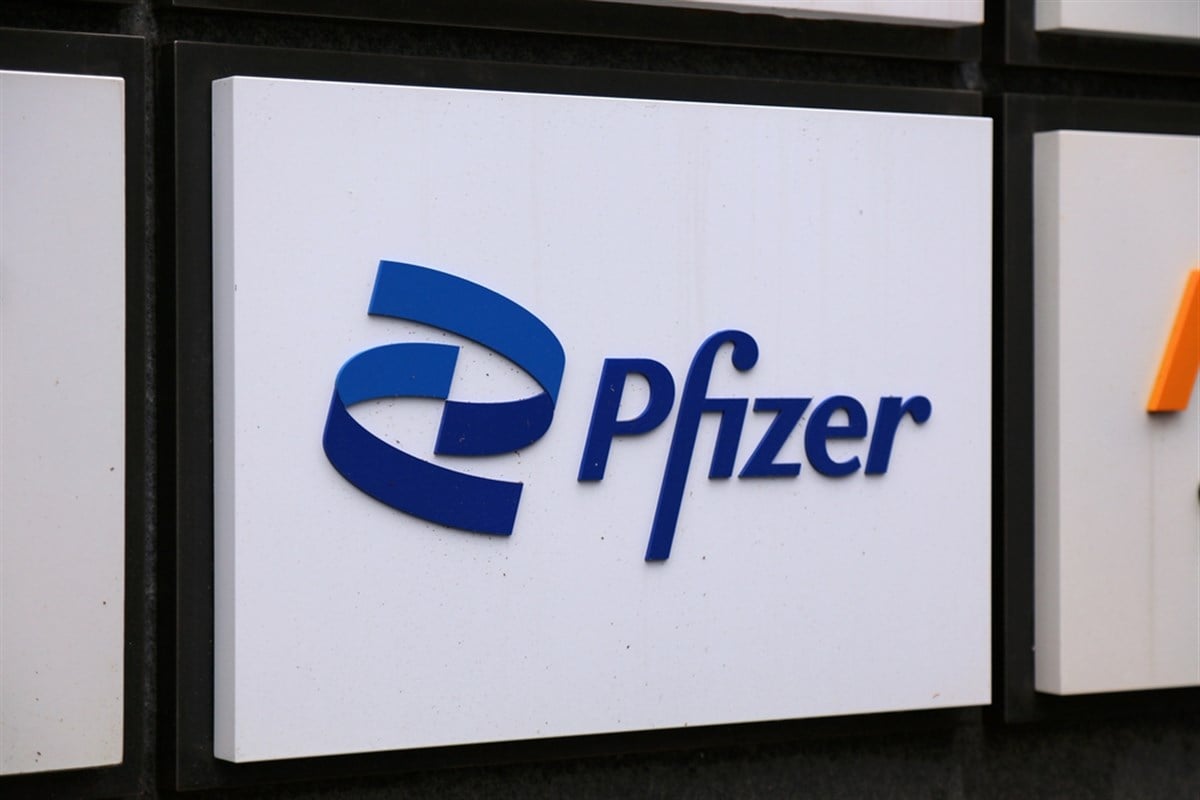
The defensive names, characterized by their immunity to the business cycle, in the market could soon see an inflow of investment dollars not seen since the last wave of the business cycle. This time, the shift is also sponsored by a pivoting FED plan to cut interest rates, a turnaround after 2023 full of hikes. The question is, what happens next?
One way to take an educated guess at projecting the future of an industry is to look at all of its developments one by one. Mainly, you should pay attention to business activity trends found in employment figures and how Wall Street analysts are projecting earnings per share to roll out in the next twelve months.
Now that markets have hit all-time high prices, there is a growing concern that the potentially bullish effects of rate cuts could already be priced into the markets as they get ahead of themselves. This uncertainty is a factor that has historically driven investors to seek the safety and stability of defensive names in areas like the healthcare sector, where Pfizer (NYSE: PFE) begins to shine, but more on that later.
Rotation is starting
The trends in the United States' economy have been a little concerning, to say the least. The ISM manufacturing PMI index has been in a contraction for a consecutive year, leaving the services sector to push the whole economy higher all by itself. Now that rates are set to cut, this could turn things around in a rough current.
By rough, it could mean that the markets have difficulty picking and choosing where to park their investment funds in the transition from a services continuation into a manufacturing turnaround and potential breakout. Analysts at The Goldman Sachs Group (NYSE: GS) have placed their bets on the latter within their 2024 macro outlook report.
The problem lies in not knowing exactly when this rotation may happen; not even Goldman could lay out a rough estimate there, instead playing out the view throughout 2024.
Given this uncertain timing of events, markets will likely want to see bullish prospects trading at a discount to get enough of a safety margin in case the FED takes a bit longer.
Knowing what you know now, it would make sense to start looking into sectors like the Health Care Select Sector SPDR Fund (NYSEARCA: XLV), where these defensive and non-cyclical names can be found.
Considering that this space has underperformed the broader S&P 500 by as much as 16.3% over the past year, stocks offering above-average growth can be good prospects.
In the last employment situation report, the U.S. economy added 216 thousand jobs, of which 37.7 thousand went to the healthcare space (17.4%!). Within the last services PMI report, you can see that the healthcare space was the second largest expansion reading across the board; growth at discounts is the code to follow.
Why this stock?
You may be wondering why Pfizer is the name to consider as a potential addition to your watchlist; after all, the sector is filled with worthy companies like Eli Lilly (NYSE: LLY) and AstraZeneca (NYSE: AZN). Remember that you are looking for high-growth prospects at a discount.
Taken as a group, the large capitalization pharma names can be pegged against their average forward price-to-earnings ratio of 20.2x as a benchmark for comparison. Pfizer just so happens to trade at a near 40.0% discount to the industry with its 12.3x valuation multiple. That’s one side of the equation taken care of; it's time to clear the rest.
Analysts project Pfizer's earnings per share to jump by 45.4% in the next twelve months, significantly above the industry-average expected growth of 14.6%. This gap between valuation and growth rates can act as the ultimate pillar of opportunity in a mispriced deal.
Competitors Eli Lilly and AstraZeneca trade at expensive multiples of 49.9x and 15.9x, respectively, placing them at a 302.0% and a 29.1% premium to Pfizer today. The high valuation could be justified since Eli Lilly is set to grow its earnings by a much larger amount, 88.9%. Now that it trades at an all-time high, is there more room to make money left?
AstraZeneca, while still trading at a premium to Pfizer, is only set to grow its EPS by 14.2%, severely below Pfizer’s 45.7%. Analysts know this is a market mispricing and have assigned a 39.1% upside to Pfizer stock in their price targets, while only a 19.2% for AstraZeneca.
With Eli Lilly, the biggest growth story here, analysts actually see a 7.7% downside in their $589.9 a share price target. Want above-average growth at a mispriced discount? Consider Pfizer as the new stock in your watchlist.